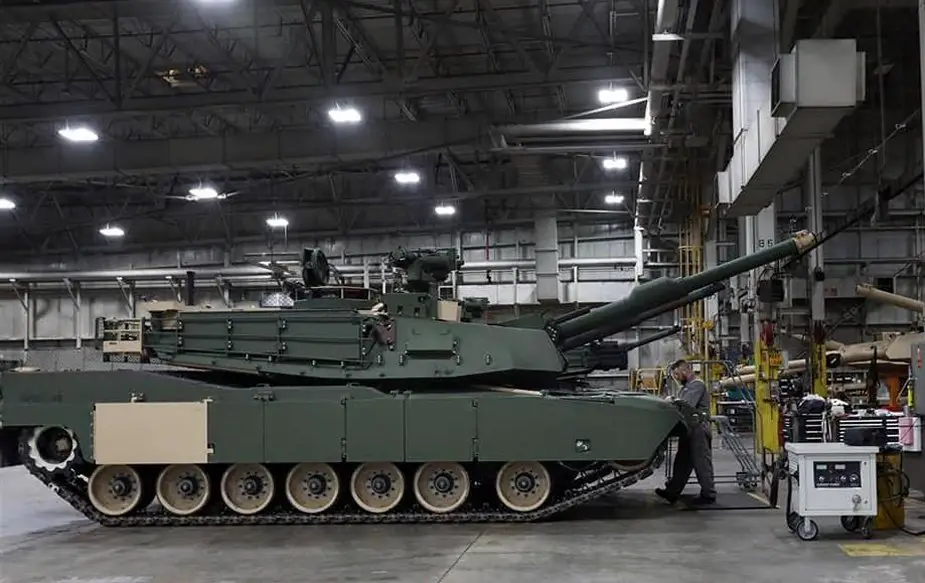Breaking news
U.S. Army promotes Defense Industry Base resiliency during COVID-19 response efforts.
As the nation continues to respond to the COVID-19 pandemic, the U.S. Army is promoting Defense Industrial Base resiliency and total force teamwork by maintaining close contact with contractors, assessing the impacts of specific contract terms and determining supply chain impacts from the coronavirus, Diane Pollard reports.

Officials are working with contractors to identify and determine supply chain impacts and risks and to determine the impacts and feasibility of telework arrangements for contract requirements, which may result in modified contract terms where appropriate (Picture source: Lima Tank plant)
“Our mission of delivering materiel capabilities to the warfighter is accomplished by the total force, including military, civilian and Defense Industrial Base partners,” said Dr. Bruce D. Jette, Assistant Secretary of the Army for Acquisition, Logistics and Technology. “In order to deliver capability, our first priority is our people and keeping them safe.”
The DIB plays a vital role in developing, producing and sustaining capabilities needed to meet mission requirements. The goods and services provided by the DIB directly contribute to the readiness of the Army, and the resiliency of this vendor base and supply chain is essential to maintain readiness. Accordingly, a healthy and well-functioning DIB is critical during the nation's response to the COVID-19 pandemic.
Contracting officials are working to maintain robust and clear communications with contractors to determine impacts of the COVID-19 pandemic on performance of Army contracts. Officials are also assessing the impacts of specific contract terms and conditions in cases where contractors request assistance. Assessments are being made on how contractors are impacted by state and local laws, regulations and orders governing access to offices and facilities, and contracting officials will be proactive and transparent in efforts to attempt to resolve or mitigate such impacts, as appropriate.
Officials are working with contractors to identify and determine supply chain impacts and risks and to determine the impacts and feasibility of telework arrangements for contract requirements, which may result in modified contract terms where appropriate.
“Each situation should be evaluated on a case-by-case basis in an effort to best promote the welfare and safety of the workforce while ensuring mission continuity,” Jette said. “The resiliency and strength of our team is a national asset and is critical to our Army's ability to meet mission requirements around the world. We must do what we can to support it.”


























